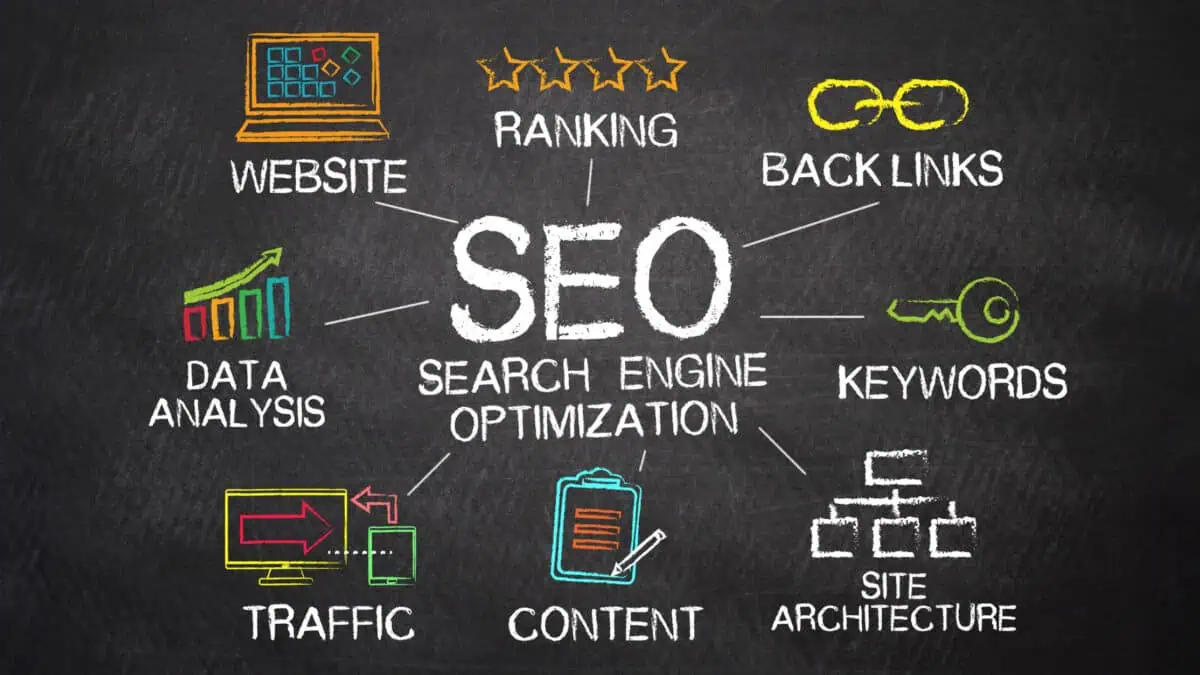Search Optimisation & Marketing
The goal for SEO is to rank on the first page in organic search, whereas for SEM, the goal is to rank on the first page in paid search. For beginners on-page, technical, and off-page SEO is a good place to start to prime the search engines & build visitor traffic. Later you can expand into SEM via paid search when profit is available.
Get the quizWebsite SEO/SEM
SEO services improve your organic results in the SERPs, whereas SEM improves your paid search results. Choose from services (in order) on-page SEO, technical SEO, off-page SEO, keyword research, & content analysis. For SEM choose paid search on Google, X, Facebook or Instagram later on when profit is available. Learn why reviews is the best SEO growth strategy for entrepreneurs.
SBM-2.1 On-page SEO
Building a website for technical health with on-page work & primary keyword optimisation, e.g. titles, headings (H1, H2, etc.), page content, image alt text, topic sections & meta descriptions. Using structured data, related internal linking, & do-follow external linking with anchor text to assist machine learning.
SBM-2.2 Technical SEO
Structuring website architecture by defining URL hierarchy with strategic keywords, XML sitemap creation & submission to assist crawling & indexing, & Robots.txt to manage crawling. Page speed optimisation with plugins to reduce image file sizes, & delaying image & script loading.
SBM-2.3 Off-page SEO
Optimising Local SEO with a Google Business Profile & accurate NAP data. Building reputation by asking for reviews & systemising reviews for Google, & LinkedIn. Link building in directories, & community hubs with brand mentions. Guest posting on industry publications & websites. Answering questions in forums, e.g. Reddit, Quora.
SBM-2.4 Keyword Research
Brainstorming & researching the topics relevant to your business using Google Autocomplete (from search bar). Evaluating popular keywords with tools that show high search volumes & low competition scores to assist the chances of gaining organic traffic from ranking in the SERPs.
SBM-2.5 Content Analysis
Researching and mapping the different content types being utilised by leading competitors. Providing insightful content to a similar depth (volume) as competitors, who are ranking, offering an alternative viewpoint, & additional resources. Determining content priorities & gaps.
SBM-2.6 Google Paid Search
Google Ads (formerly Adwords) is a type of digital marketing strategy where you pay Google for ads to appear higher on the SERPs, with the goal of driving traffic to a website for a particular purpose, like a unique Google-Ads offer.
*Terms, conditions, limits, & subscriptions apply, subject to change.
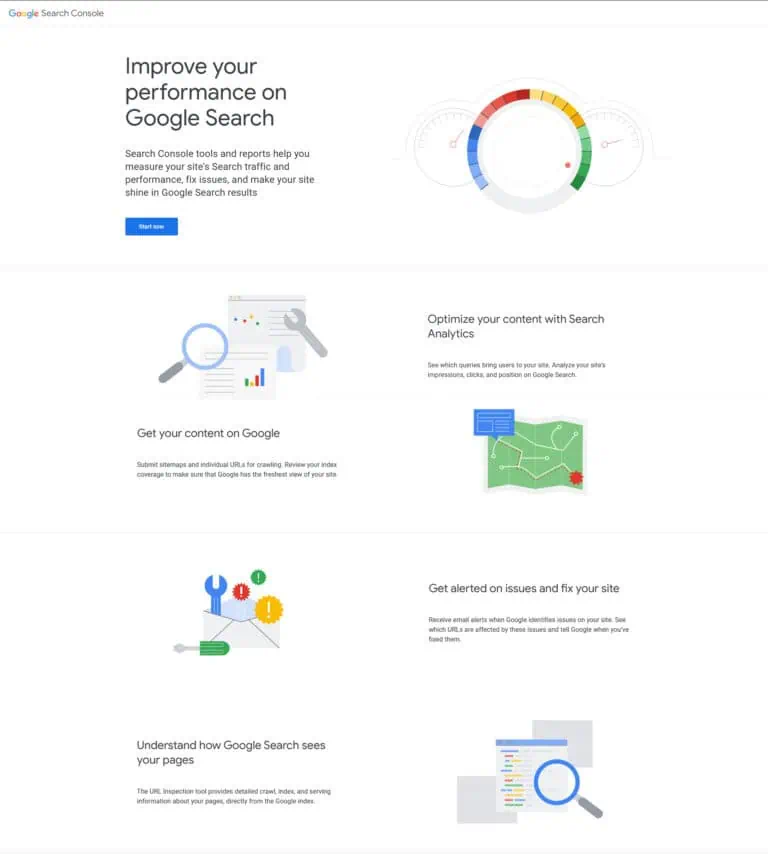
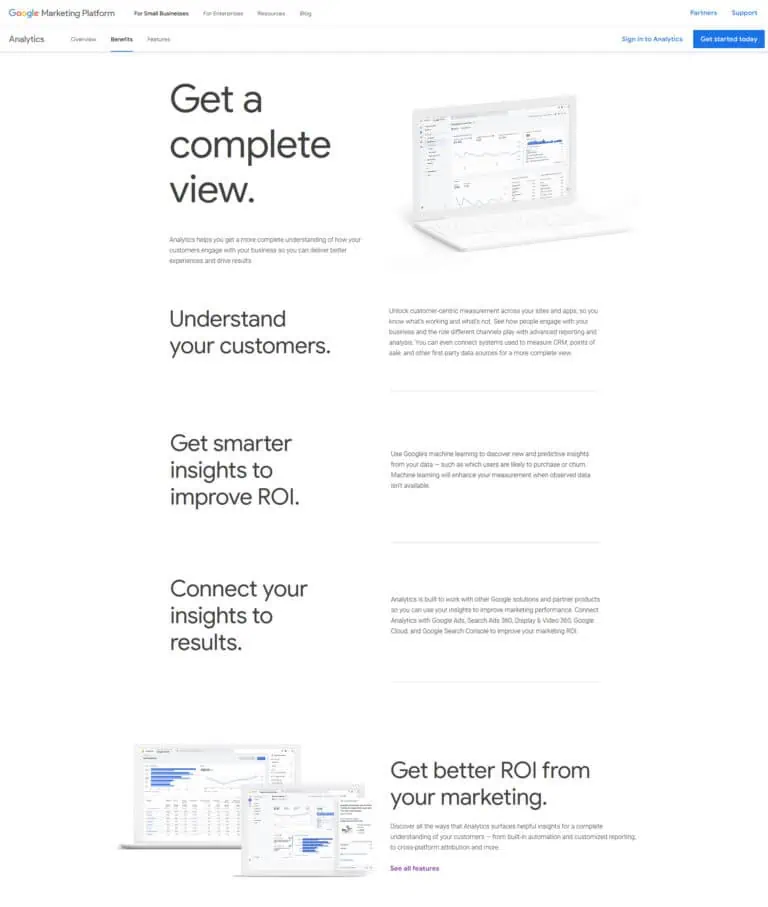
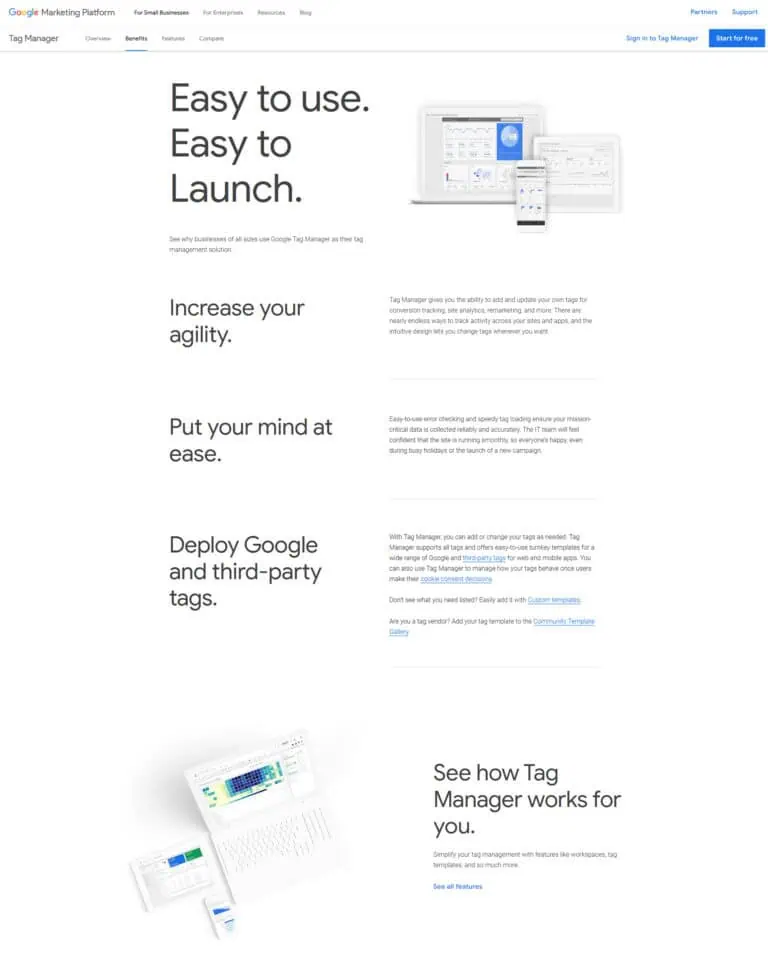
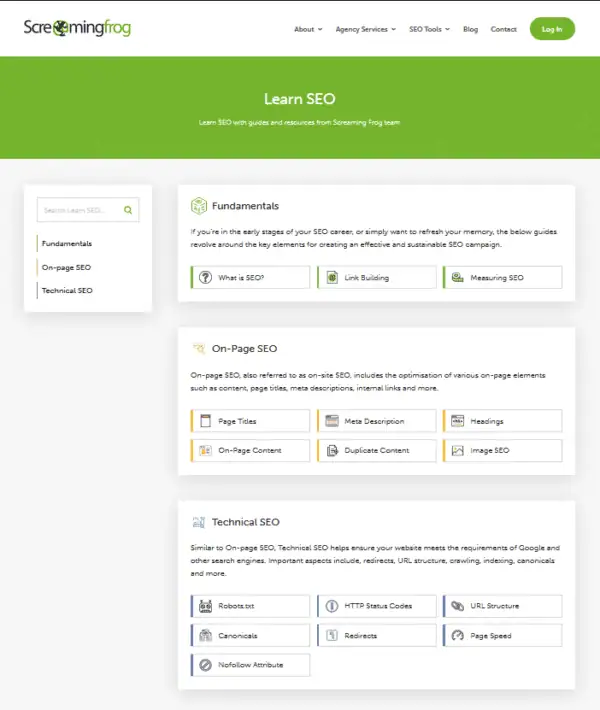
Frequently Asked Questions
Learn more about SBMarketer's SEO, SEM, keyword research, & content analysis services. Whatever you do, please don’t optimise your website until you read the HPS&S Checklist Quiz!
Get the quizWhat is On-Page SEO?
In addition to technical health on page, On-page SEO, involves writing helpful authority content that is linked internally & offers unique insight or perspective to competitors.
Seeding high-traffic (low competition) keywords gained from a keyword planner tool, into the page title, H1 heading, content, & image alt text, then building a quality page or article.
Mobile optimisations for navigation, page layouts, fonts, & spacing, to function & display correctly on mobile devices, is a key ranking factor (most searches on mobiles).
Adding segmented & tagged HTML Sections for all topic changes on a page to support Semantic Web Standards, e.g. hero topic, sub-topic 1, sub-topic 2, FAQs, testimonials.
What is Technical SEO?
Optimising structural areas beyond content, e.g. structuring data to help search engines understand content, page speed optimisations, & HTTPS status & SSL certificates.
XML sitemaps are created to list all pages, posts, & CPTs for submission to search engines, which informs web crawlers on the content for indexing into their databases.
A Robot.txt file is created to inform search engines on what pages to crawl and index, or avoid indexing, e.g. avoid membership content or gated content with unique offers.
A key tactic is Schema Markup for business type, choose from Google’s 34 featured types, e.g. for local business, products, articles, reviews, courses, events, FAQs, & more, which improve search understanding & rich snippets.
Connecting Google Search Console, Google Analytics, & Google Tag Manager for tracking, evaluating, & diagnosing website & campaign performance.
Checking your site using an SEO Audit tool like ScreamingFrog, Semrush, or Ahrefs – or using GSC & Google PageSpeed insights, to verify standards & identify issues.
What is Off-page SEO?
Off-page optimisation involves building a website’s reputation & improving the digital footprint presence over the Internet, outside of working on the website itself.
Start with a Google Business Profile with accurate Name, Address & Phone (NAP) number, & ensure the exact same details are used across all business listings online.
Creating website and workflow review-building systems that promote and encourage reviews on Google Business & Trustpilot.
Acquiring high-quality backlinks from authority websites is a key tactic, which can be developed by finding linking patterns from competitor’s websites for linking opportunities.
Establishing Local SEO with business listings & citations, in directories, e.g. Yellow Pages, Yelp, others. Ask Chambers of Commerce & sporting clubs for linking opportunities.
Working with influencers, e.g. popular bloggers, podcasters, & creators. Using social media to reach & engage people.
What is Keyword Research?
In addition to brainstorming & researching the important topics for your business, keyword research is needed to identify the strategic search terms required for ranking.
Analysing the keywords & topics that competitors are ranking for is a good place to start. This can be done by checking the SERPs & competitor websites, or using an SEO tool.
Once you have an idea on some strategic keywords, next step is to understand the search volume of traffic for these keywords and the competitiveness score.
Tools like Google Keyword Planner, Moz Keyword Explorer, SEM Rush, Ahrefs, & Ubersuggest can assist with providing the keyword search volumes & difficulty scores.
The aim is to start with keywords with higher search volumes & low competition scores, to increase your chances of ranking organically, once you have an article on the topic.
Deploying long-tail keywords (three-five words) can help to build organic traffic, as they have a higher conversion value than broad keywords, from being more specific.
What is Content Analysis?
Analysis of content for each stage of a new customer journey. E.g. Awareness stage (lead-magnet checklist), Consideration stage (articles & “how to” information), & Conversion stage (CTA & unbelievable offer).
Developing an understanding on the content types (video, articles, success stories, case studies, white papers, etc.) required to build content pillars & rank organically in the SERPs.
Conduct analysis by researching competitors who are ranking, & using SEO tools like Semrush or Ahrefs, & AI (Copilot) for more content ideas.
Considering the content needed for generating leads & subscribers, like a lead magnet or newsletter, & what’s required for sales conversion, e.g. CTA with unbelievable offer.
Content for Reforge Marketing’s Four Stages (Sign-up, Set-up, Aha, & Habit) of customer growth. E.g. Sign-up lead-magnet or newsletter, Set-up survey or welcome series email, Aha (sale) unbelievable offer, & Habit (repeat sale) VIP offer.
Brands we trust

